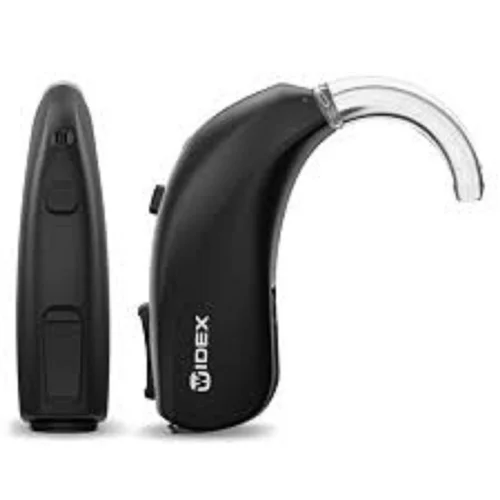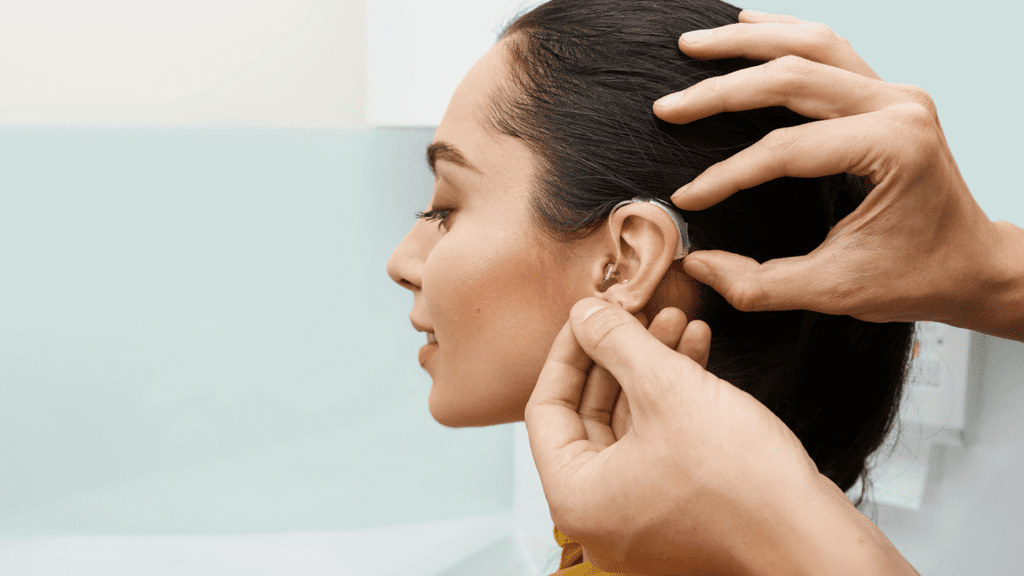Cleaning and maintaining your hearing aid is essential to ensure it functions properly and lasts a long time. Here are some general guidelines for cleaning and maintaining your hearing aid:
- Wash your hands: Always start by washing your hands thoroughly to remove any dirt, oils, or debris that could transfer to the hearing aid.
- Gather supplies: You’ll need a few items to clean your hearing aid effectively. These may include a soft, lint-free cloth, a cleaning brush or wax pick, a hearing aid cleaning kit (if available), and a wax guard replacement tool (if your hearing aid has one).
- Daily cleaning routine:a. Remove the hearing aid from your ear and inspect it for visible dirt, wax, or debris.b. Use the cleaning brush or wax pick to gently remove any visible debris from the microphone and receiver ports. Be very careful not to push debris further into the openings.c. Wipe the hearing aid’s surface with a soft, lint-free cloth to remove fingerprints, oils, or sweat.
- Clean the earmold or earpiece:a. If your hearing aid has a custom earmold or earpiece, remove it from the hearing aid (if possible).b. Wash the earmold or earpiece with warm, soapy water using a small brush or a specialized cleaning tool if provided with your hearing aid.c. Rinse it thoroughly and allow it to dry completely before reattaching it to the hearing aid.
- Check the wax guard:a. Some hearing aids have wax guards to prevent wax and debris from entering the device. If your hearing aid has a wax guard, inspect it regularly for buildup.b. If the wax guard is clogged, use the wax guard replacement tool (usually provided with your hearing aid) to remove the old guard and replace it with a new one.
- Battery maintenance:a. If your hearing aid uses disposable batteries, keep spare batteries in a cool, dry place, and check the expiration date before using them.b. If your hearing aid has a rechargeable battery, follow the manufacturer’s instructions for charging and battery maintenance.
- Avoid moisture and extreme temperatures:a. Remove your hearing aid before showering, swimming, or entering extremely humid environments.b. Avoid exposing your hearing aid to extreme heat or cold, as this can damage the components.
- Regular professional cleaning and check-ups:a. Schedule regular appointments with your audiologist or hearing care professional for professional cleaning and maintenance.b. They can also perform routine checks to ensure your hearing aid is functioning optimally and make any necessary adjustments.
- Storage:a. When you’re not using your hearing aid, store it in a protective case provided by your hearing care professional or the manufacturer.b. Remove the battery if your hearing aid uses disposable batteries to prevent corrosion.
- Handle with care:a. Be gentle when handling your hearing aid, and avoid dropping it or exposing it to mechanical stress.


